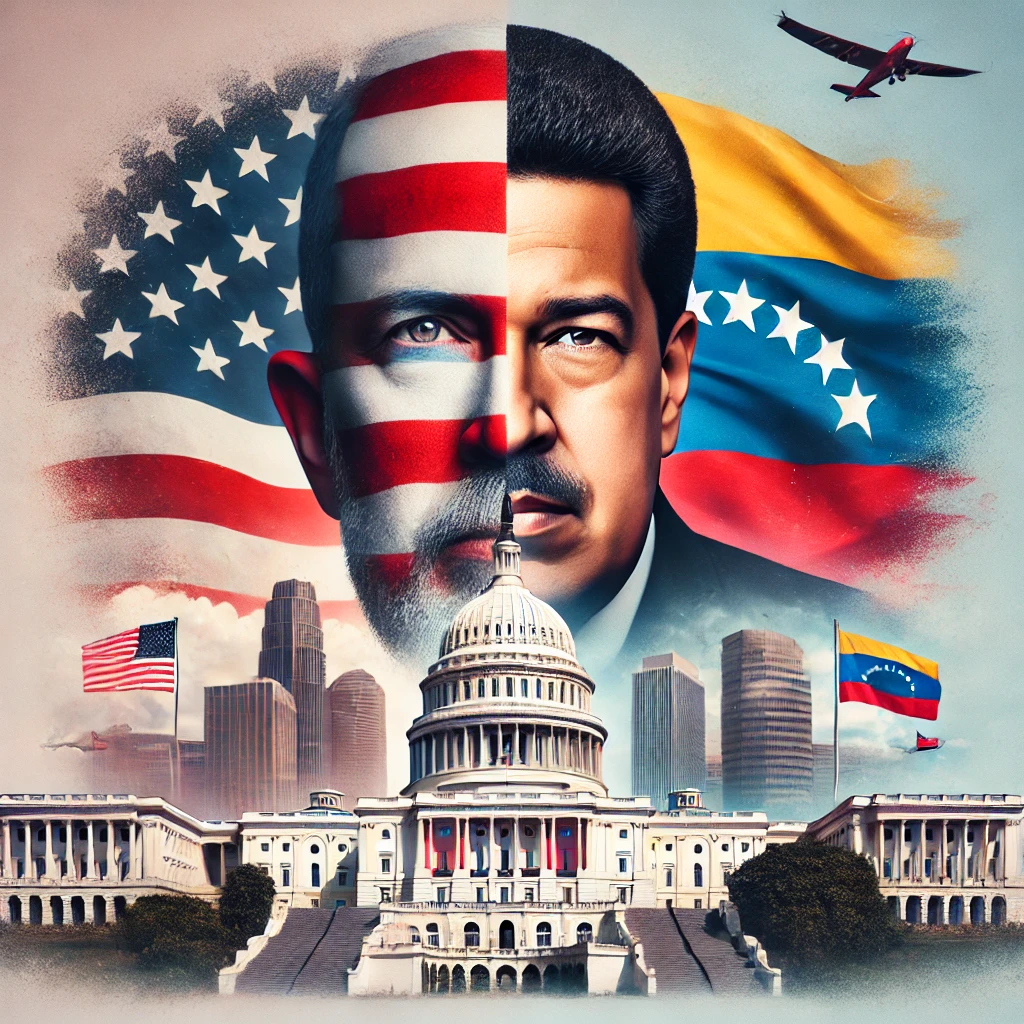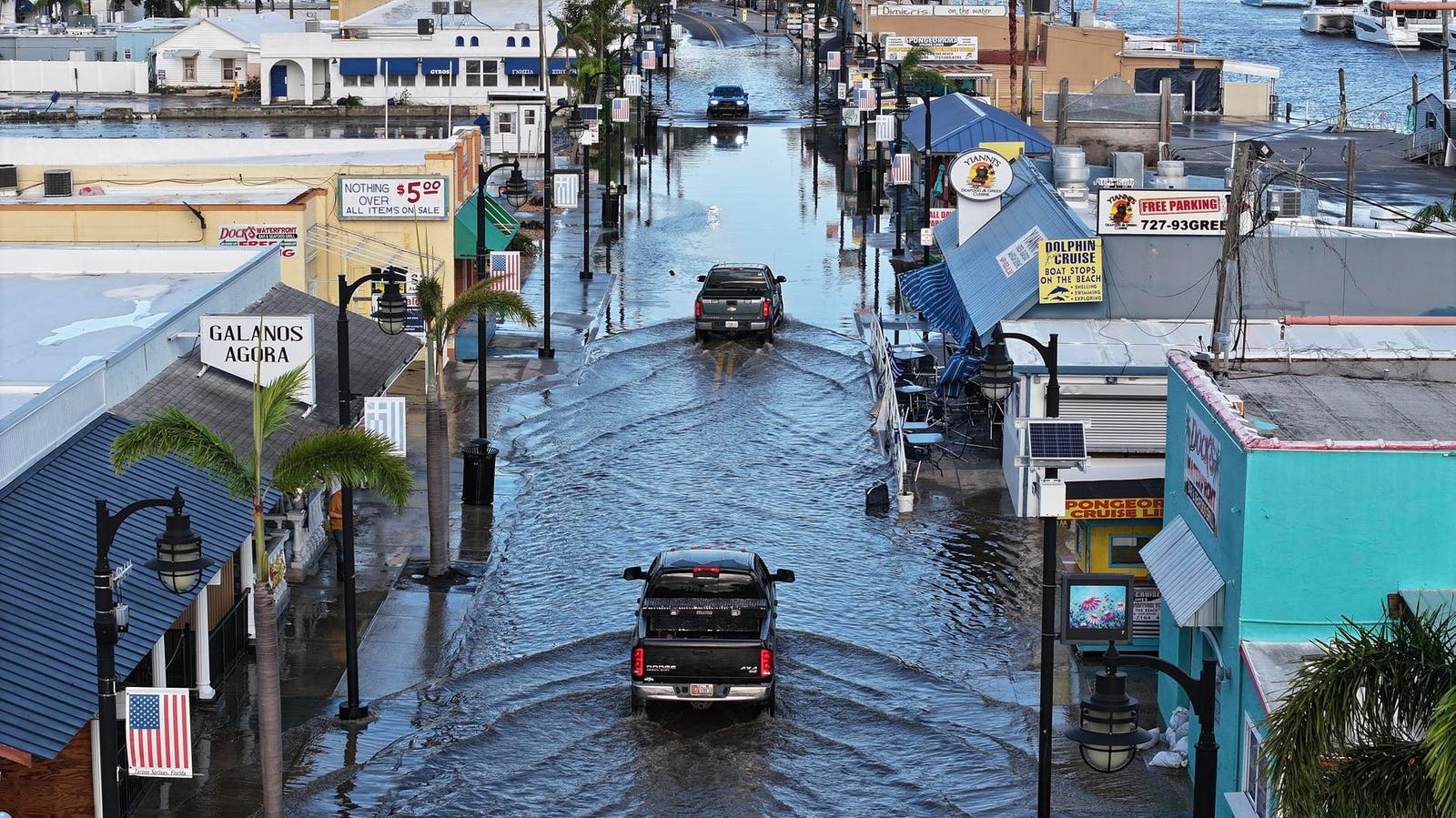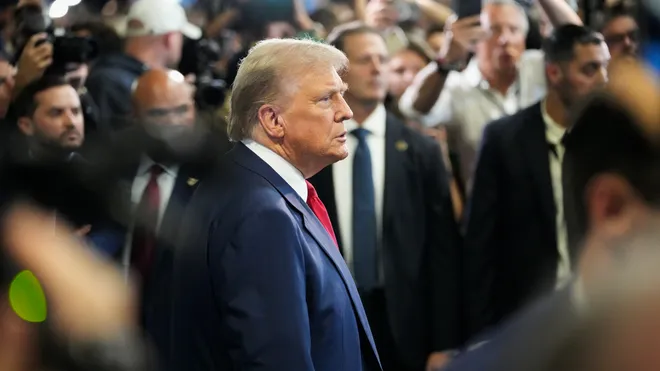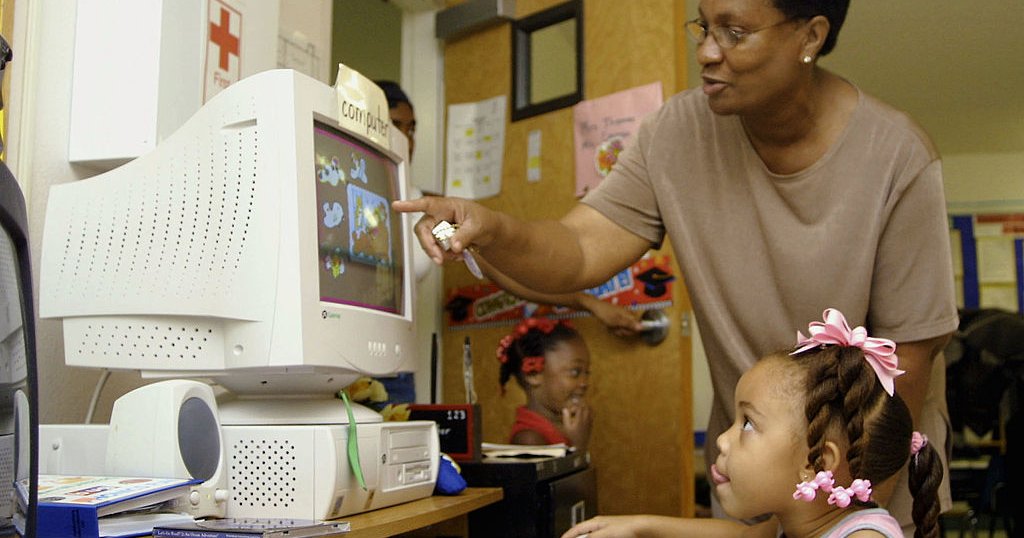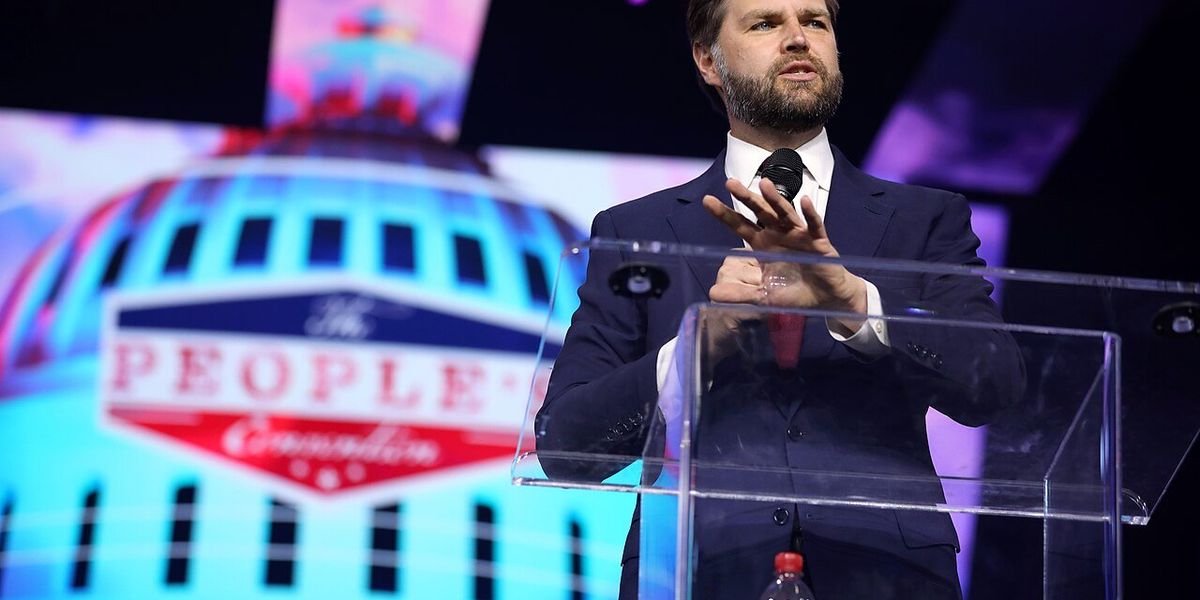Project 2025, spearheaded by the Heritage Foundation, has sparked significant concerns, drawing parallels to the tactics used by Hugo Chávez and Nicolás Maduro to erode Venezuela’s democracy. This isn’t a theoretical comparison; it’s based on clear examples that highlight how strategies like centralizing power, controlling the media, eroding judicial independence, suppressing civil society, and manipulating electoral processes can destabilize democratic institutions. Project 2025’s Mandate For Leadership lays out troubling similarities to the actions of Chávez and Maduro in Venezuela, raising questions about its potential impact on American democracy.
Centralization of Power
Project 2025 emphasizes a dramatic centralization of power within the executive branch. This mirrors Chávez’s approach, where he systematically dismantled checks and balances to consolidate authority. In Venezuela, Chávez exploited his control to rewrite the constitution, allowing indefinite re-election and diminishing legislative and judicial independence. By 2007, he had introduced a new constitution that extended presidential terms and allowed for continuous re-election, effectively consolidating his hold on power.
Similarly, Project 2025 outlines measures to “fire supposedly ‘un-fireable’ federal bureaucrats,” close down “wasteful and corrupt bureaus,” and curb the influence of career civil servants who might resist the President’s agenda. This approach could lead to a significant power shift towards the executive, reducing the effectiveness of other branches of government in providing necessary checks and balances.
Control Over Media
Chávez and his successor Nicolás Maduro have maintained tight control over the media in Venezuela. Independent media outlets were systematically shut down, harassed, or taken over by the government. Chávez revoked the licenses of critical media outlets such as RCTV in 2007, and state-run media became the primary source of information, presenting a heavily biased narrative supportive of the government.
The Heritage Foundation’s plan includes specific attacks on media outlets, suggesting that the next President should strip NPR and PBS of their noncommercial educational status, accusing them of being biased and no longer serving the public interest. This tactic of undermining and discrediting independent media mirrors Chávez’s strategy in Venezuela, where controlling the narrative allowed the government to suppress dissent and manipulate public opinion.
Manipulation of Electoral Processes
In Venezuela, Chávez manipulated electoral processes to ensure his continued dominance. This included gerrymandering, changing electoral laws to benefit his party, and using state resources for campaigning. During the 2004 recall referendum, there were widespread allegations of fraud, and government resources were used to influence the outcome in Chávez’s favor.
Project 2025’s focus on altering the structure and operations of the federal government includes proposals that could easily lead to electoral manipulation. The document suggests aggressive use of executive power to enforce policies and align federal operations with the President’s agenda, potentially leading to similar abuses. The emphasis on aligning litigation and legal actions strictly with the President’s policy goals risks undermining the impartiality of electoral oversight, reminiscent of Chávez’s electoral manipulations.
Judicial Independence
The erosion of judicial independence was a cornerstone of Chávez’s strategy to maintain power. By appointing loyalists to key judicial positions, he ensured that the judiciary would support his agenda. In 2004, Chávez expanded the Venezuelan Supreme Court from 20 to 32 judges and promptly filled these new seats with his allies, thereby securing his influence over the judiciary. This maneuver allowed him to sideline opposition and push through controversial policies unchallenged. His new court supported for his decision to close the independent television network RCTV in 2007, which had been critical of his government. By undermining judicial independence, Chávez created a judiciary that acted more as a rubber stamp for his policies rather than as a check on executive power.
Project 2025 similarly advocates for reshaping the federal judiciary to align more closely with conservative principles. By influencing the selection and appointment of judges who are sympathetic to the President’s policies, there is a risk of eroding judicial independence. This approach could lead to a judiciary that serves the executive rather than acts as a check on its power, paralleling the situation in Venezuela under Chávez and Maduro. Project 2025 also seeks to reassert executive influence over the Department of Justice and reduce the autonomy of independent agencies. This could jeopardize the impartiality of the judiciary, leading to a legal system that favors the ruling administration.
Suppression of Civil Society
Civil society organizations and opposition groups in Venezuela have faced significant suppression. Chávez’s government used legal and extralegal means to harass and dismantle organizations that were critical of his regime. Laws were passed that restricted foreign funding for NGOs, and opposition leaders were frequently jailed or disqualified from running for office.
Project 2025 hints at similar tactics, aiming to curb the influence of what it terms “woke” cultural institutions and bureaucrats. By framing civil servants and public institutions as adversaries, the plan sets the stage for a crackdown on dissent and the promotion of a homogeneous ideological narrative, much like what occurred in Venezuela under Chávez.
Economic Control and Populism
Chávez implemented populist economic policies that initially gained popular support but ultimately led to economic decline. The state took control of key industries, including oil, and redistributed wealth in a way that bolstered support but was unsustainable, leading to severe economic crises. Price controls, expropriations, and nationalizations became common, driving away private investment and leading to shortages of basic goods.
Project 2025’s economic policies that centralize control or promote populist measures without sustainable planning could follow a similar trajectory. While populist policies may provide short-term gains, they often lead to long-term economic instability and decline. The emphasis on using executive power to enforce policy goals and potentially dismantle regulatory bodies could disrupt economic stability and discourage private investment, echoing the economic turmoil seen in Venezuela.
The Parallels Between Project 2025 and Hugo Chávez
The parallels between Project 2025 and the strategies used by Hugo Chávez and Nicolás Maduro to transform Venezuela from a democracy to a dictatorship are stark and troubling. By centralizing power, controlling the media, manipulating electoral processes, undermining judicial independence, suppressing civil society, and implementing unsustainable economic policies, the Heritage Foundation’s plan raises alarms about the future of democracy in the United States. As history has shown in Venezuela, such measures can lead to the erosion of democratic norms and the establishment of authoritarian rule.
